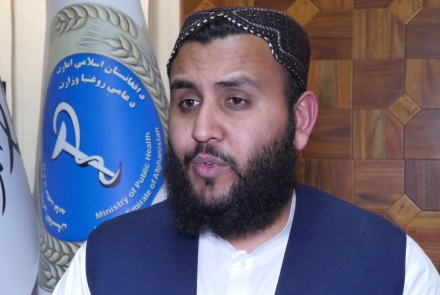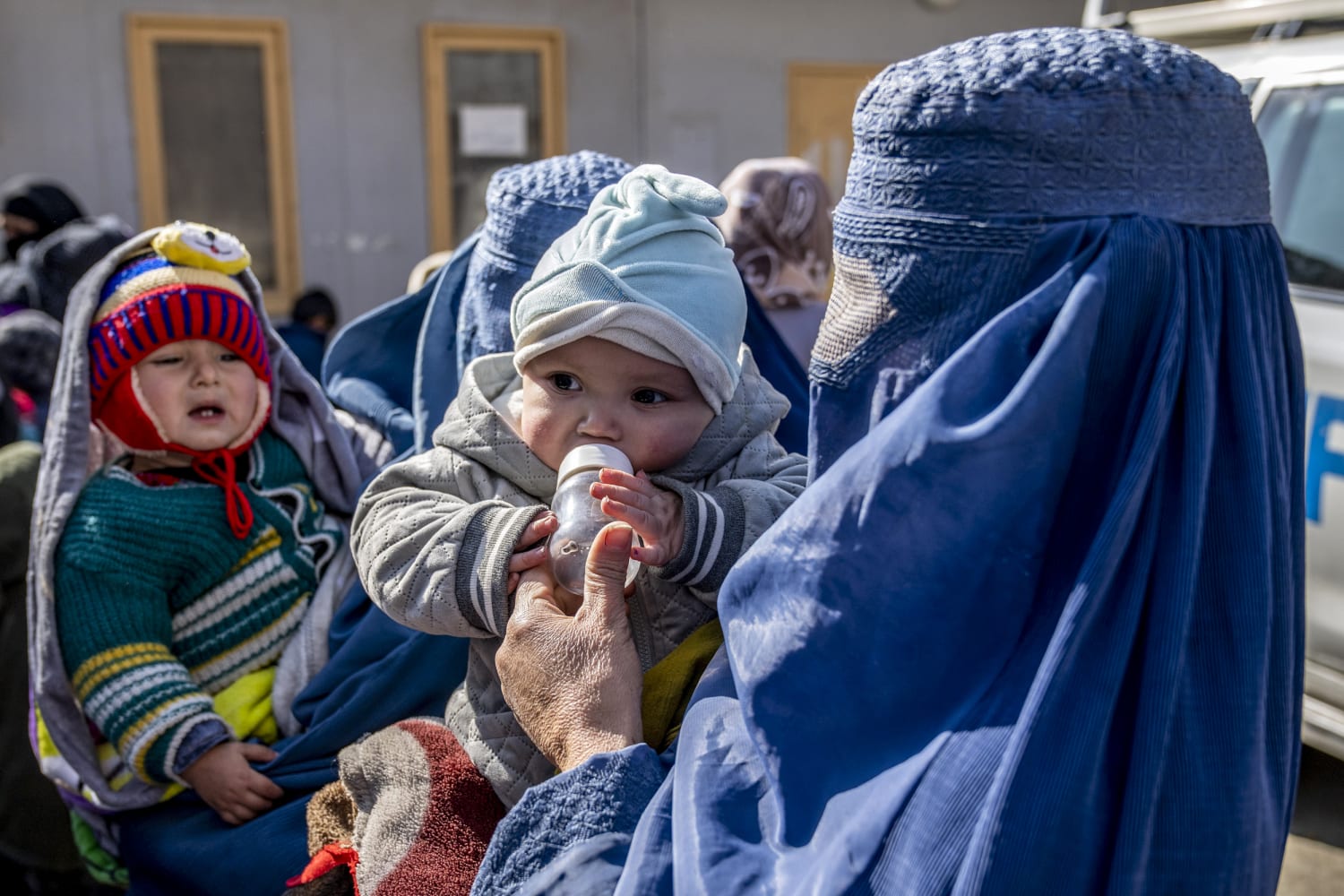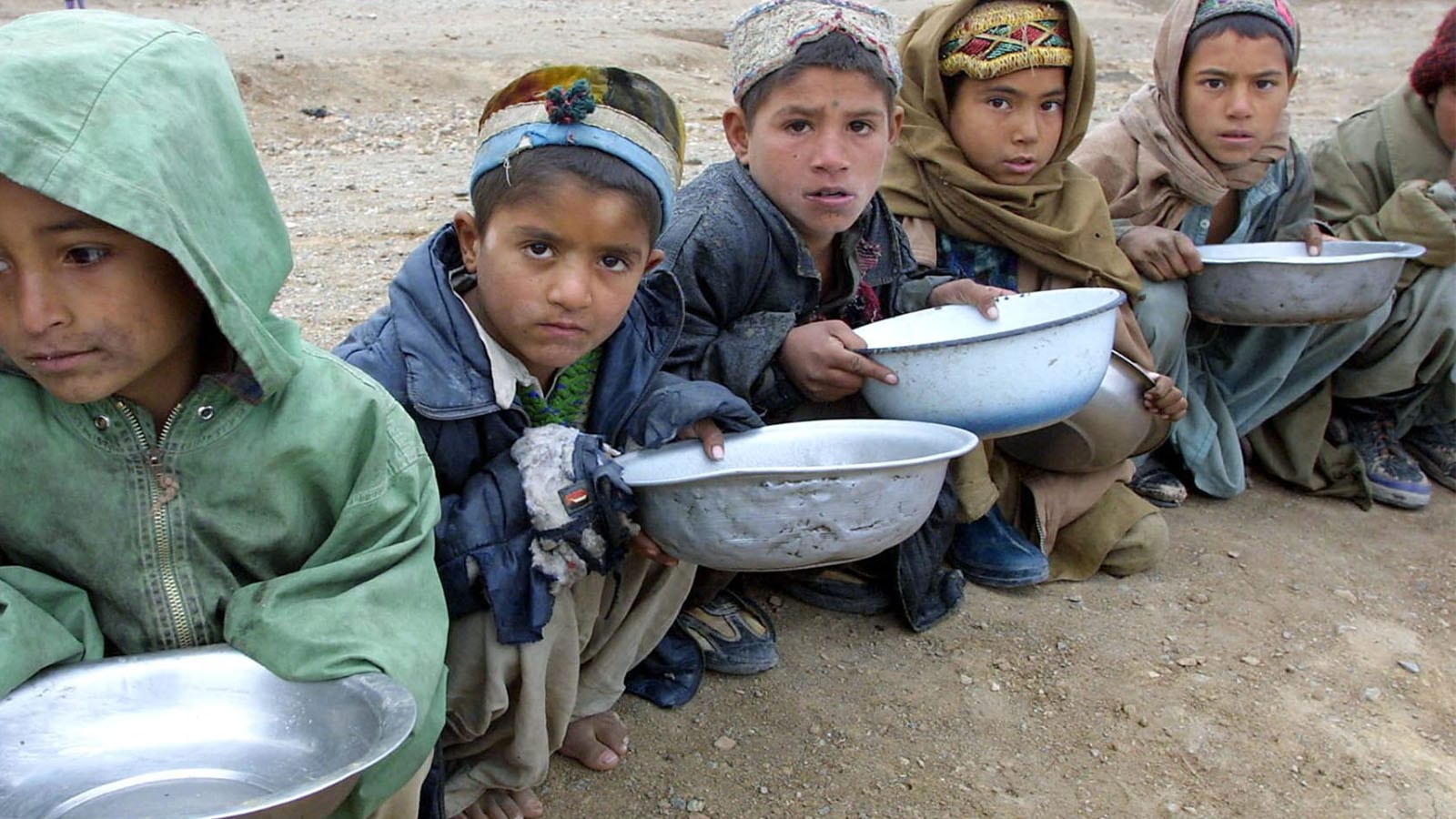Afghanistan's Ministry of Public Health disputed the figures released by the World Health Organization (WHO) concerning maternal and infant mortality rates in Afghanistan, TOLO News reports. According to the Ministry, in 5M24, approximately 300 mothers and 4,000 infants died across the country.

Sharafat Zaman Amarkhil, the spokesperson for the Ministry, emphasized that 350 health centres were established in the past two years to improve healthcare for mothers and infants. "The figures available to the Ministry of Health of the Islamic Emirate differ significantly from these numbers. Based on our data, we reject the WHO report and the shared information, considering them far from reality. According to the data shared with the Ministry of Health, nearly 300 mothers have died in the past five or six months," Amarkhil stated.
Conversely, the WHO report indicates that daily, 24 mothers and 167 infants die from preventable causes in Afghanistan. The report stresses the adverse impact on Afghan women and children, particularly in reproductive, maternal, newborn, and child health.

Najm Sama Shefajo, head of the Association of Obstetric Gynecology, pointed out the lack of diagnostic and treatment equipment and insufficient health centres. "It is well known that we do not have good diagnostic or treatment equipment, and we also lack sufficient health centres. Look at Malalai Hospital, which is our largest hospital, and see how limited its facilities are, or Rabia Balkhi Hospital," Shefajo stated.
Despite progress in fighting polio since 2021, Afghanistan still faces significant challenges such as economic recession, drought, floods, food shortages, and the return of refugees, as highlighted by the WHO report.
The report indicates that the need for humanitarian aid in Afghanistan rose from 18.4 mn people before August 2021 to an estimated 23.7 mn in 2024. A large portion of this population, around 9.5 mn people in over 20,000 villages, still have limited access to basic health services.

To address these challenges, WHO Afghanistan requires an additional $352 mn to supplement the overall budget of $423 mn for the 2024–2025 period. Hashmatullah Azimi, a doctor, remarked, "The role of WHO is commendable because it can provide financial support and help deliver healthcare services to remote areas, ensuring vaccines reach all parts of Afghanistan and remote locations."
Maternal and infant health continues to be a major concern for Afghanistan's health system and international aid organizations amidst ongoing challenges.
Follow Daryo's official Instagram and Twitter pages to keep current on world news.
Comments (0)